Guilty verdicts: Did Dominic Cummings get it right on government Covid failures?
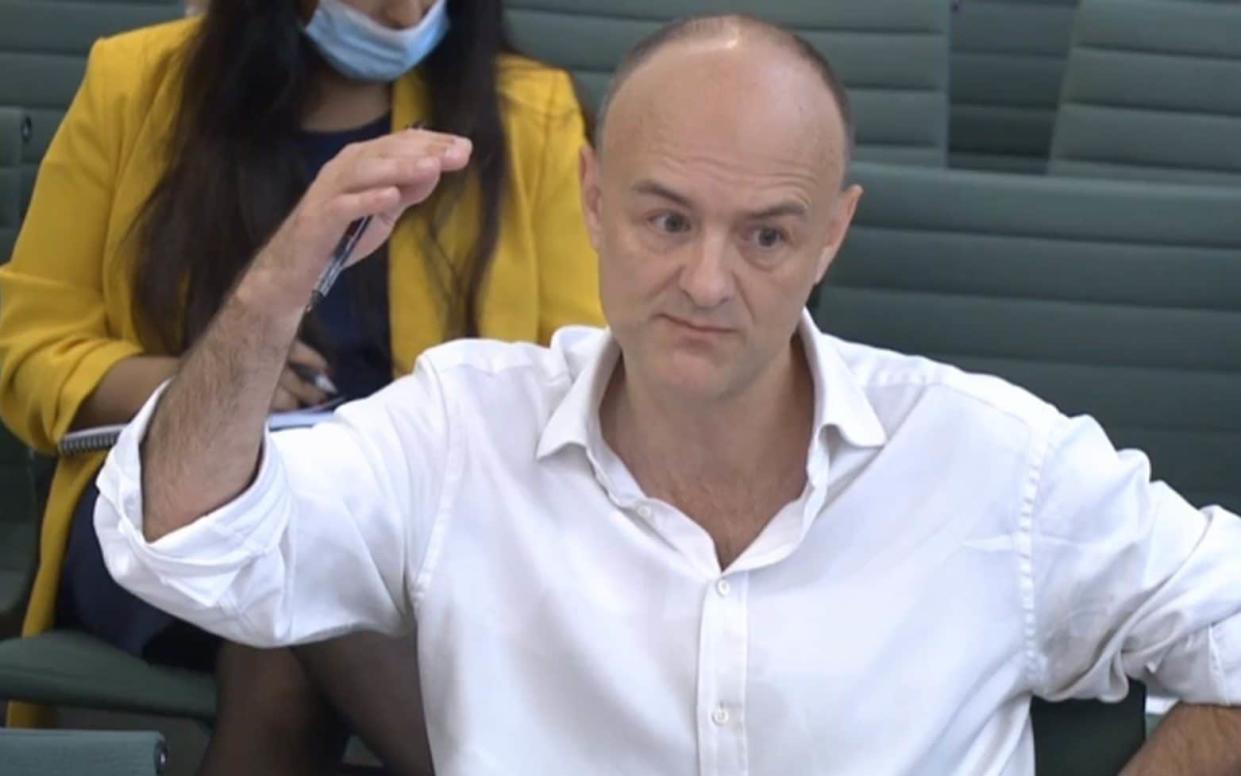
- Oops!Something went wrong.Please try again later.
- Oops!Something went wrong.Please try again later.
Dominic Cummings has never been shy of sharing his opinion. Well before his testimony on Wednesday, he happily outlined his world view in lengthy blogs and Twitter threads. The tone is consistent: scornful of consensus, dismissive of the many, star struck by a very few, and a cheerleader for technology.
So it was again before the Commons Science and Technology Committee: Group think had gripped No 10; Whitehall was a disaster zone; computer scientists Demis Hassibis was “incredibly able”; Marc Warner, whose artificial intelligence firm Faculty was drafted into the Covid effort, should have been endowed with “kingly authority” to do as he pleased.
With this curious blend of derision and deference, modesty and authority, Cummings passed judgement on several key areas of failure. But were those guilty verdicts really fair?
Human challenge trials
CLAIM: One of Dominic Cummings’ most dramatic suggestions is that vaccines could have been produced earlier - in time for last summer - if volunteers had been deliberately infected to trial vaccines. “I think we’ll conclude we shd have done Human Challenge trials immediately & cd have got jabs in arms summer,” he tweeted last week.
VERDICT: Vaccines are almost universally lauded as the pandemic’s great success story, but, technically, Cummings is right. Vaccines themselves were developed very quickly early last Spring - some in a couple of weeks. It was safety trials that slowed their deployment until the end of last year. Deliberately infecting subjects would have speeded those trials. But here’s the big catch. When last June I spoke to Adam French, lab director at the biggest quarantine clinic in Europe, which hosts precisely the kind of trials Cummings wanted, he demanded “true data that we have a treatment we can give people” - if they started to get very sick in those trials. Yet we still don’t have good treatments today. Perhaps that explains why, when the UK did finally authorise a challenge trial, in February this year, it was still a world first.
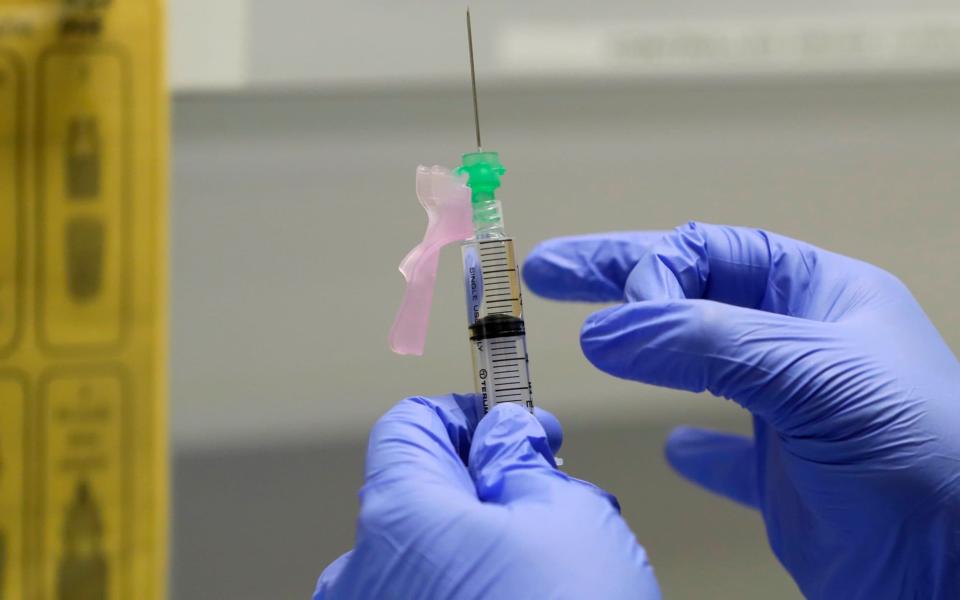
Last summer we didn’t even know for sure the benefits of the antiviral remdesivir, which current UK challenge trial volunteers will be given. So if it is easy to look back and imagine a scenario in which successful challenge trials sped vaccine deployment, it is also not hard to imagine a ghastly possibility in which healthy volunteers died, with shattering consequences for public confidence in both the vaccine programme and a government that was supposed to be protecting the public.
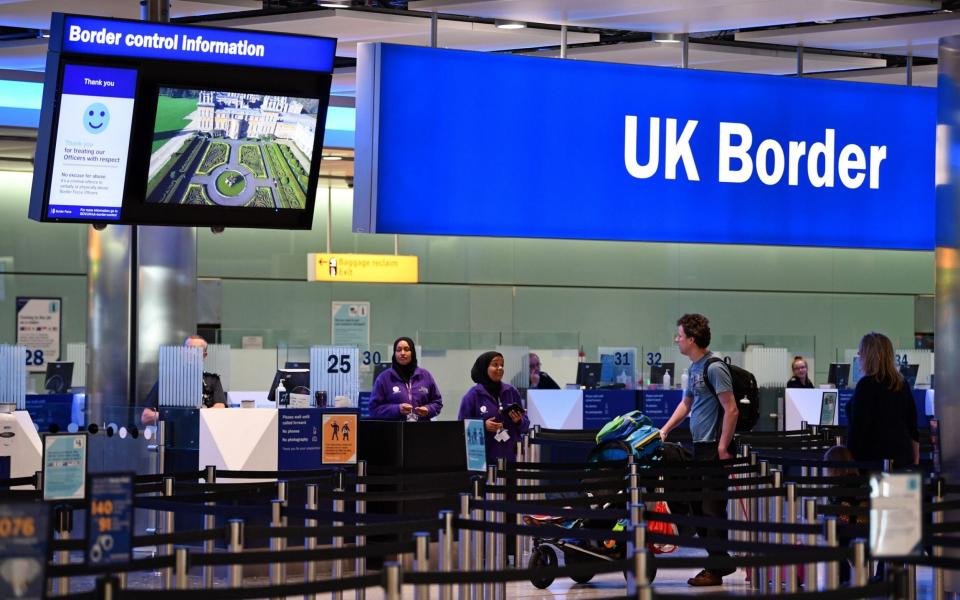
Borders
CLAIM: “We should have shut the borders in January (2020)"
VERDICT: In retrospect, it’s very hard to argue that early, effective exploitation of this nation’s geographic advantage would not have helped. Two other island nations have fared notably well. While New Zealand closed its borders on March 19 and kept them closed, Cummings prefers the example of Taiwan, which barred air travel to China earlier still, on January 26. Yet it is interesting to note that such nation-specific measures didn’t actually work. Studies in the UK show most of our early infections came from France and Spain. So a selective ban on China would not have spared us. And a universal ban as early as January 2020 would have made the UK a dramatic outlier in the world, and could well have caused worse panic-buying and supply problems than those that later transpired.
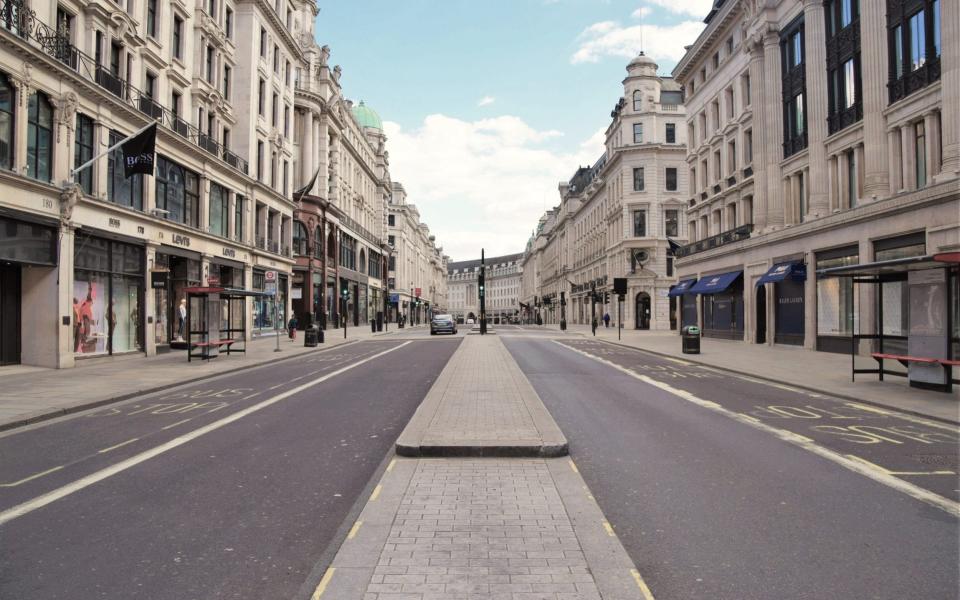
Lockdowns
CLAIM: The first lockdown should have come at the beginning not end of March; there should have been a second lockdown in September
VERDICT: The first is more forgivable than the second. According to Cummings’ own testimony, it was only during March that the scale and imminence of the threat became clear in Downing St, fatally undermining existing plans. After the summer, however, there was no such excuse. Even so, however, autumn last year was this country’s brutal introduction to the way variants can rip up plans and projections - as the Indian variant is now doing with hopes of unlocking.
With no September lockdown, there was indeed a predictable second wave in October and November which might well have been prevented. But the true calamity is what happened after that. In December, as second-wave cases declined elsewhere in Europe, they rocketed off again in the UK, fuelled by the Kent variant. A month later, as is typical, deaths began to soar. Though it first emerged in September, this Kent variant circulated at only low levels until mid-November. It is hard to know whether a September lockdown would have prevented it taking off at all, or merely released us in time for the same deadly December surge?
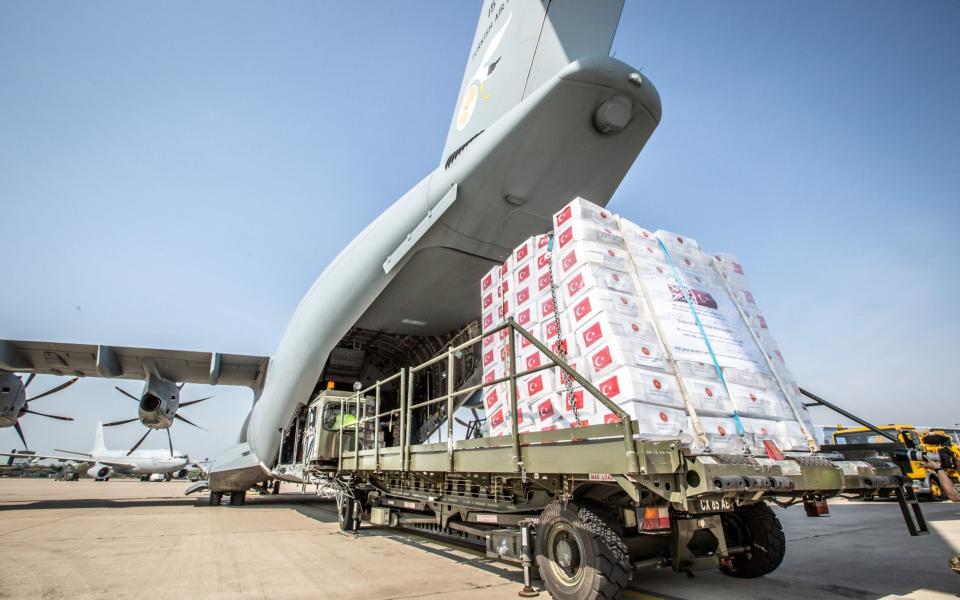
PPE
CLAIM: We should have “commandeered planes” to fly PPE to the UK
VERDICT: You can practically hear Cummings’ frustration and anger as, by his account, he was confronted by officials telling him “PPE obviously isn’t going to arrive for months… because it takes that long to ship”. When he asked why it wasn’t being flown in, he said he was told “we ship it because that’s what we always do”.
Given that Mr Cummings’ chief aim in government is to blow up “what we always do”, it is no surprise that he ordered the officials to “leave this meeting, commandeer the planes, fly them to China, drop them at the nearest airfield, pick up our stuff, fly it back". But gung-ho procurement was not always a success. Most famously, the RAF was dispatched on a buccaneering mission to Turkey in April 2020 to pick up a consignment of 400,000 protective gowns. A month later it turned out they were useless.

